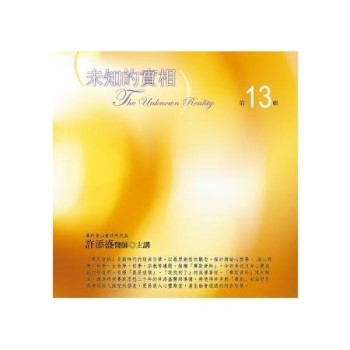The Grammar of Q puts forth a novel syntactic and semantic analysis of wh-questions, one that is based upon in-depth study of the Tlingit language, an endangered and under-documented language of North America. A major consequence of this new approach is that the phenomenon classically dubbed "pied-piping" does not actually exist.
Cable begins by arguing that wh-fronting in Tlingit does not involve a syntactic relationship between interrogative C and the wh-word. Rather, it involves a probe/Agree relation between C and an overt "Q-particle" (or "Q") c-commanding the wh-word. Fronting of the wh-word in Tlingit is a mere by-product of fronting the QP projected by this Q. From this core observation, he develops a syntax and semantics for Tlingit wh-questions. Given the strong similarity between the wh-constructions of Tlingit and those of more widely studied languages, Cable applies his analysis to a range of other languages and finds that such a "Q-based" theory holds a number of interesting consequences in syntax and semantics.| FindBook |
有 2 項符合
The Grammar of Q: Q-Particles, Wh-Movement, and Pied-Piping的圖書 |
 |
The Grammar of Q: Q-Particles, Wh-Movement, and Pied-Piping 作者:Cable,Seth 出版社:Oxford Univ Pr 出版日期:2010-09-03 語言:英文 規格:平裝 / 249頁 / 1.3*15.2*22.9 cm / 普級 / 單色印刷 |
| 圖書館借閱 |
| 國家圖書館 | 全國圖書書目資訊網 | 國立公共資訊圖書館 | 電子書服務平台 | MetaCat 跨館整合查詢 |
| 臺北市立圖書館 | 新北市立圖書館 | 基隆市公共圖書館 | 桃園市立圖書館 | 新竹縣公共圖書館 |
| 苗栗縣立圖書館 | 臺中市立圖書館 | 彰化縣公共圖書館 | 南投縣文化局 | 雲林縣公共圖書館 |
| 嘉義縣圖書館 | 臺南市立圖書館 | 高雄市立圖書館 | 屏東縣公共圖書館 | 宜蘭縣公共圖書館 |
| 花蓮縣文化局 | 臺東縣文化處 |
|
|
圖書介紹 - 資料來源:博客來 評分:
圖書名稱:The Grammar of Q: Q-Particles, Wh-Movement, and Pied-Piping
|











